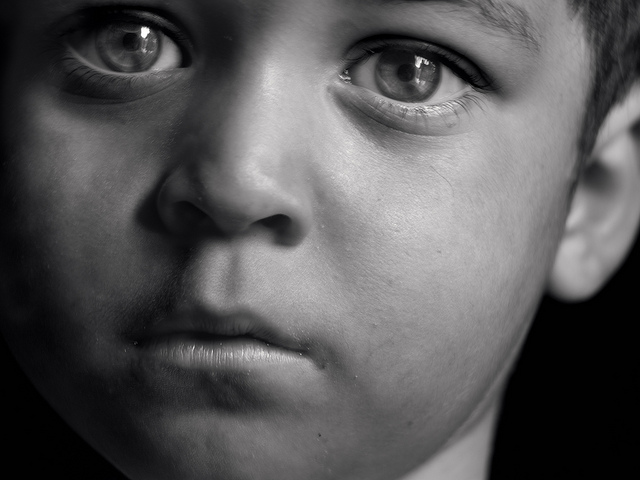|
Watch our new explainer video about the program! For more information about the launch of our online training program, sign up to our mailing list by clicking here.
0 Comments
Special education teacher Sadie Guthrie tells the story of one student whose behaviour felt like an insurmountable problem for months, until she was able to shift the frame and see the problem in a new way. Listen to her story on Stories Teachers Share, a new podcast from MindShift and KQED.
Dr. Edward Tronick's seminal 'still-face experiment' is a powerful illustration child attachment and the impact of abuse & neglect. Check out this great explainer video on the impact of trauma on the brain from the National Health Service (NHS) in the United Kingdom. Psychologist Paul Ekman — who advised Pixar on the film Inside Out, in which the main characters are emotions — to create an “Atlas of Emotions,” to help people better understand their own minds. The atlas breaks emotions into five major groups — as accepted by a large majority of scientists — and then delves into the experiences, shades, and triggers of those emotions. Its a fun an interactive tool for use with students - click on the link below to check it out!
Watch our new video about child trauma myths. Be sure to sign up to our newsletter by clicking here. Check out this great video on empathy! Dr Brené Brown reminds us how we can create a genuine empathic connection. Confucius said "Our greatest glory is not in never falling, but in rising every time we fall." Some people, however, are just better at getting back up when the most challenging life events knock them down. Today there is a growing body of research into mental resilience; where it comes from, why it matters and how it can be nurtured. Sian Williams explores the science of resilience for BBC Radio. She speaks with Nobel laureate Professor Daniel Kahneman and psychologist Daniel Goleman offer expert insight into resilience. Professor Martin Seligman who founded the Penn Resiliency Program, and David Clark, Professor of Experimental Psychology at the University of Oxford, describe the psychological background to mental strength and how it can be developed.The documentary is informed by Sian's own MSc research into post-traumatic growth and also from personal testimony: while drafting her thesis for academic publication, she experiences a sudden and very personal trauma which changes her view of resilience.
Check Out This Great Video on Inclusion! Shelley Moore, of The University of British Columbia, is one of the Top 25 finalists in SSHRC's 2016 Storytellers challenge. It's startling to think about how we've got a spaceship millions of miles away ready to rendezvous with Pluto, yet here on Earth there are major aspects of our own anatomy that we're almost completely ignorant about. We've climbed Everest, sent men to the moon, and invented the Internet — but we still don't know how our brains work. One example of a recent discovery with major implications is our further understanding of neuroplasticity. Simply put, we used to think our brain was what it was — unchangeable, unalterable. We were stuck with what nature gave us. In actuality, our brains are like plastic. We can alter neurochemistry to change beliefs, thoughts processes, emotions, etc. You are the architect of your brain. The image below, broken up into two parts, is a terrific infographic detailing the essence of what we know about neuroplasticity and how it works. It was created by the folks at Alta Mira, a San Francisco-area rehabilitation and recovery center.
|
Archives
February 2019
|




 RSS Feed
RSS Feed